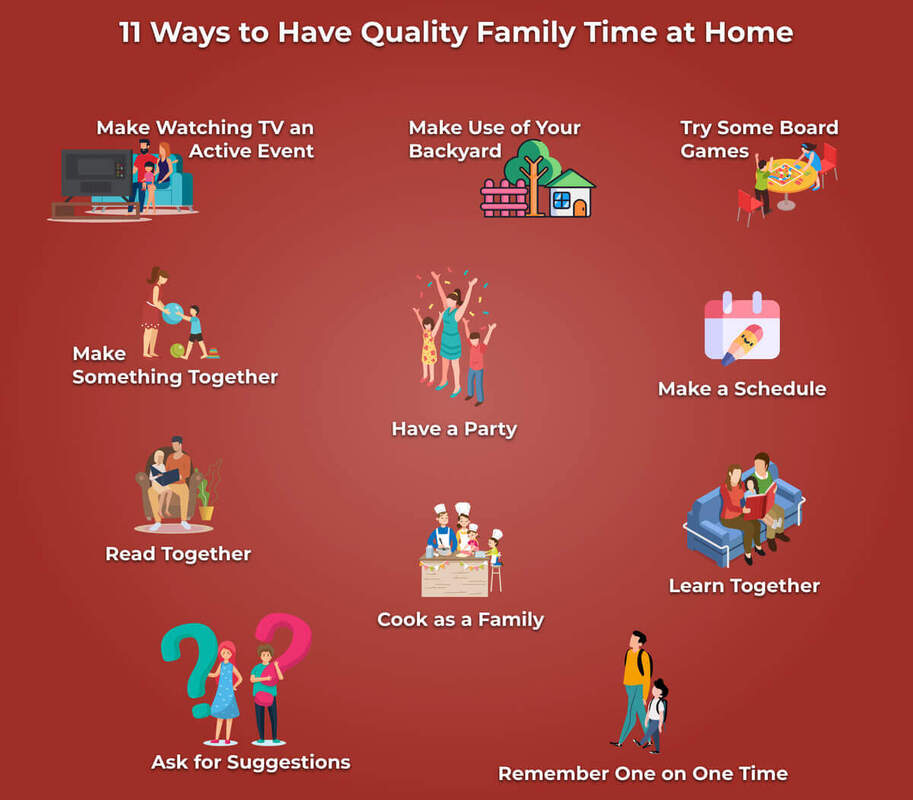School’s out, the days are longer… what a perfect time for family fun! Family fun time is any shared family experience that helps build or reinforce the emotional bond between family members and facilitates communication. It’s crucial for maintaining strong family ties and promoting emotional well-being among family members. Engaging in recreational activities together helps strengthen relationships, improve communication, and create lasting memories. According to research from the American Academy of Pediatrics, family time is essential for children’s emotional development and can provide a buffer against stress and behavioral issues. Activities such as game nights, outdoor adventures, and shared hobbies foster a sense of unity and support, creating a positive environment where family members can express themselves and connect on a deeper level. 
In addition to enhancing emotional connections, family fun time can also contribute to the overall health of individuals. Doing physical activities such as sports, walks, or hikes, during family together time is beneficial for both physical and mental health. Engaging in physical activities as a family can help reduce the risk of chronic diseases, improve cardiovascular health, and boost mental well-being. For instance, a family hike or a game of basketball not only promotes physical fitness but also encourages social interaction and teamwork, which are important for maintaining a balanced lifestyle.
Here is a variety of activities that make for excellent quality time:
- Board games
- Watching a movie
- Going on a walk at a specific time every day
- Trivia night
- Starting and maintaining a garden
- Doing a puzzle
- Baking
- Learn a new language together
Family time has also been shown to increase resilience in adolescents. According to a study by BMC Public Health, spending time with family was directly correlated with less deterioration in mental health for teens during times of high stress. Studies indicate that a teen’s perceived feelings of connectedness towards their families are strong protective factors against poor mental health. So, while it may not seem to be making a big impact on your teen daily, something as simple as eating breakfast together every day or having a weekly family game night makes a difference in how they cope with and bounce back from difficult situations.
Spending quality time together can improve family dynamics and reduce conflict. According to the Psychiatric Journal of Mental Health, families participating in regular fun activities tend to have better communication and problem-solving skills. This is because shared experiences often increase empathy and understanding among family members. By making time for enjoyable activities, families can strengthen their relationships and develop a more positive and supportive home environment, which is essential for overall happiness and stability. Thus, prioritizing family fun time is not just a leisure activity but a fundamental aspect of fostering a happy, healthy, and resilient family unit.
References
Kenneth R. Ginsburg, and the Committee on Communications, and the Committee on Psychosocial Aspects of Child and Family Health; The Importance of Play in Promoting Healthy Child Development and Maintaining Strong Parent-Child Bonds. Pediatrics January 2007; 119 (1): 182–191. 10.1542/peds.2006-2697
Riazi, N.A., Battista, K., Duncan, M.J. et al. Stronger together: Coping behaviors and mental health changes of Canadian adolescents in early phases of the COVID-19 pandemic. BMC Public Health 23, 319 (2023). https://doi.org/10.1186/s12889-023-15249-y
Semeniuk Y, Brown RL, Riesch SK, Zywicki M, Hopper J, Henriques JB. The Strengthening Families Program 10-14: influence on parent and youth problem-solving skill. J Psychiatr Ment Health Nurs. 2010 Jun;17(5):392-402. doi: 10.1111/j.1365-2850.2009.01534.x. PMID: 20584236; PMCID: PMC3058939.




